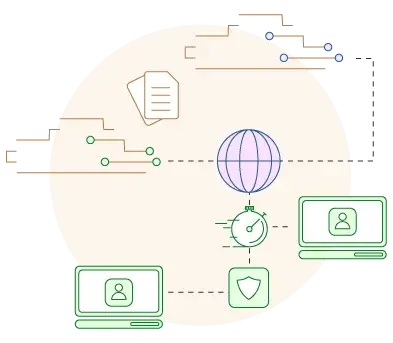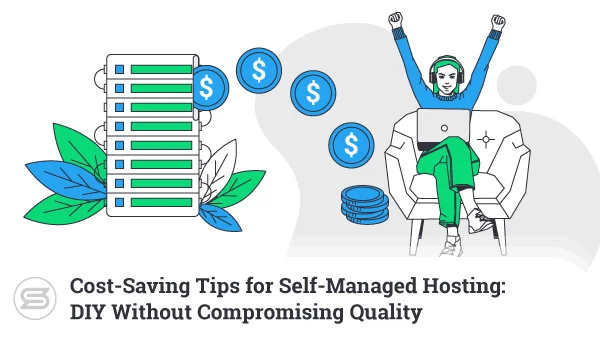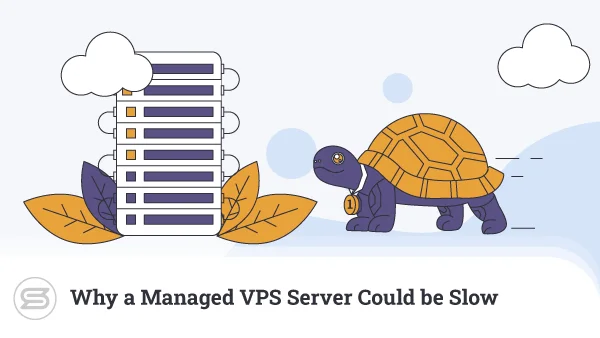IP addresses help uniquely identify devices across networks. This is necessary to send data to its correct destinations. Both shared and dedicated IPs bring their benefits to the table, some of which can significantly impact web hosting accounts.
If you’ve never taken this into account and simply gone with whatever your host offers – that’s fine and workable in most cases. But for those who are thinking of ways to improve their web services, dedicated IP addresses are a wonderful way of doing just that.
Let’s see why…
What is a Dedicated IP?
In the context of web hosting, dedicated IP addresses are those assigned to a single owner. It is the unique identifying address of that particular domain on the Internet.
There are many advantages to this method of addressing and routing. Yet, with an increasing number of devices connected to the internet, IP addresses are running out.
At the end of the day, a dedicated IP address is often a non-essential feature but one that can bring a lot of benefits.
Shared vs Dedicated IP Addresses
To understand the distinction between shared and dedicated IP addresses, we need to look at the foundation – the IP address.
IP stands for Internet Protocol, which is how data is routed from place to place across networks. The IP address most commonly still used today is IPv4, which has 4 sets of 8-bit fields as the format.
Examples of IP addresses in this format are:
- 8.8.8.8
- 192.168.0.1
- 127.0.0.1
We can only assign an IP address to one unique device in a network. For instance, if a network has three devices, it will be necessary to have three IP addresses – one assigned to each. Because of the format they are in, the number of IP addresses available is finite.
However, nothing stops you from sharing a single IP address among multiple domains. For example, web hosting companies use this method to offer shared hosting.
In shared hosting, hundreds of user accounts utilize the same physical server. To keep the service affordable, hosts may share one or two IP addresses for all users on the machine. In instances like this, we call it a shared IP address.
The biggest problem with IP addresses is the finite number combinations that a provider can assign.
This limitation has made IP addresses somewhat of a valuable resource. When supply can’t meet demand – prices naturally increase. Because of this, dedicated IP addresses are costlier than any shared IP.
Dedicated IP Benefits
Dedicated IP addresses come with a number of benefits over shared IPs and can be indispensable in some scenarios.
Some of the advantages include:
Easy Site Access
Dedicated IPs come in handy when you want to connect to your hosting account from pretty much everywhere. For example, you may want to run an FTP server to transfer files quickly to the host. The dedicated IP helps speed up the transfer of larger volumes of files.
More Server Control
While shared IP addresses will work for web hosting, having a dedicated IP vastly expands the range of possible use cases. This expansion is the result of the enhanced server control that comes along with it.
Some things you can do with a dedicated IP address are:
- Running a Virtual Private Network (VPN)
- Running a gaming server
- Remotely managing your server
- Handling files in a more agile manner
Hardened Security
Having a dedicated IP address means potentially less exposure to certain security risks. Since the IP is yours alone, you don’t risk an attack on another user accidentally hitting you.
This feature also helps against some forms of cyberattacks, attempting to scan all sites associated with an IP for vulnerabilities.
Better email deliverability
If you use your web hosting account to handle your emails with a shared IP address, there is a high risk of issues cropping up with mail deliverability. Mail servers are especially sensitive to IP addresses and tend to blacklist those they deem dangerous quickly.
For example, if one hosting account on your shared IP address starts sending spam, you may find all your emails getting blocked as well. Having a dedicated IP helps mitigate this risk.
Sometimes Required for an SSL Certificate
Sharing an IP address makes use of a technology called Server Name Indication (SNI). While this will work with most SSL certificates, some may cause issues – for example, compatibility with older browsers.
When it comes to private SSL certificates – a dedicated IP is a definite must, and you cannot activate one without your own address.
How to Get a Dedicated IP Address?
Most web hosting companies offer dedicated IP addresses as an extra option. Before you go ahead and buy one, though, consider getting Virtual Private Server (VPS) hosting instead.
VPS hosting plans almost always come with a free dedicated IP address. In some cases, opting for a VPS instead of simply buying a dedicated IP address can come at a similar cost while boosting your overall hosting performance.
ScalaHosting Managed Cloud VPS, for instance, manages to keep hosting prices manageable thanks to self-developed technologies like the SPanel advanced web hosting control panel.
Ultimately, you’ll benefit from :
- Dedicated resources
- Better security
- Higher server customizability
- Account scalability


Conclusion
While it is not an essential requirement for web hosting users, dedicated IP addresses bring many advantages to the table. These only increase depending on what you’re doing with your web hosting.
As your website grows, the chances of you needing one will significantly increase. Even if you haven’t been facing any hosting problems thus far – simply upgrading to a dedicated IP can save you a lot of headaches.
Frequently Asked Questions
Q: What is an IP address?
A: An IP address is a set of numbers that uniquely identifies devices on a network. Every device connected to some form of network needs one to route data around. For example, if your PC connects to the Internet, it is assigned a Wide Area Network IP address.
Q: What is a Dedicated IP address?
A: Dedicated IP addresses are those assigned to a single domain. This exclusive ownership leads to fewer potential problems such as email deliverability issues, IP blacklisting, cyberattack vulnerability, and more.
Q: Is dedicated IP hosting right for you?
A: If you run a website that relies on high integrity and hosting reliability, it is better to make use of a dedicated IP address. Some web applications may also require a dedicated IP address to work correctly.
How To Point a Domain Name To a Web Hosting Provider
What is a VPS – Everything you need to know!



